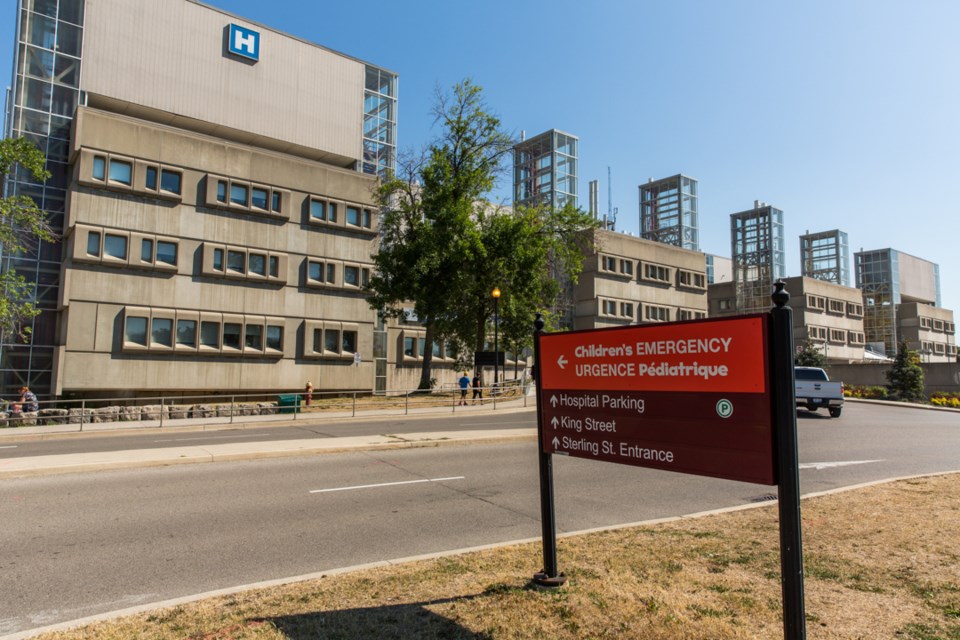Relief is on the way for hospitals running unprecedented deficits, the Ontario Hospital Association says.
In January, the Ottawa Citizen first reported that most of the province's hospitals were running deficits. Anthony Dale, the OHA's president and CEO, had warned hospitals were digging into reserve funds and getting short-term loans to cover the gaps in their operating budgets.
The deficits are partly due to Bill 124 remedy payments made to staff — when legislation that suppressed public sector workers' pay for three years was declared unconstitutional, hospitals had to pay retroactive compensation of about $1 billion, said Dale, the OHA's president and CEO.
Higher-than-usual inflation and high hospital volumes have also added to the red ink. For some smaller, northern and rural ones hospitals, fees to staffing agencies to pay for temporary health care workers to fill staffing gaps are a significant cost pressure on their budgets and need to be addressed, Dale told The Trillium at the time.
A group of advocates known as "The Minden Paper" that has organized against the closure of the Haliburton Highlands Health Services' emergency department in Minden, has also been raising alarm about the state of hospital budgets after it found a deterioration in the fiscal position of the Minden hospital prior to its closure last year.
Dale said in January that the deficits were putting great stress on hospital board members but weren't yet affecting hospital operations. However, he said the financial instability would "exacerbate" the hospital capacity challenge if not addressed.
The strain on hospital capacity is seen in data that show one in ten Ontario patients who are admitted to hospitals from EDs are waiting more than two days for a bed, leaving emergency departments packed with patients on stretchers waiting for the care they need. The same data show that one in ten patients who aren't admitted spends six to eight hours, or more, in the emergency department, depending on the severity of their need.
But Dale told The Trillium Friday that the province has been having productive, positive conversations with the OHA and hospitals about their deficits, and hospitals will soon receive details on what kind of relief they can expect.
"We know that the government is making a really strong, very good-faith effort to try to provide that support," he said. "So we just have to see how it looks for every hospital corporation and go from there."
The province is set to release its third-quarter finances Monday. Whether or not the additional hospital payments are reflected, they are expected to take effect before the end of the fiscal year, said Dale.
"We'll have to continue to work together with governments and Ontario Health, not just in the next year, but the years ahead, given the change in population profile of Ontario — three million people expected over the next 10 to 15 years," he said. "We're already seeing the impact of that kind of population growth just in the last couple of years alone, with 800,000 net new residents in Ontario. So we all have our work cut out for us."
Editor's note: This story has been updated to reflect a correction from the OHA, which initially said hospitals could expect information concerning their budget deficits this week but corrected it to say that hospitals would receive that information in the coming weeks and receive the funding by the end of the month.




